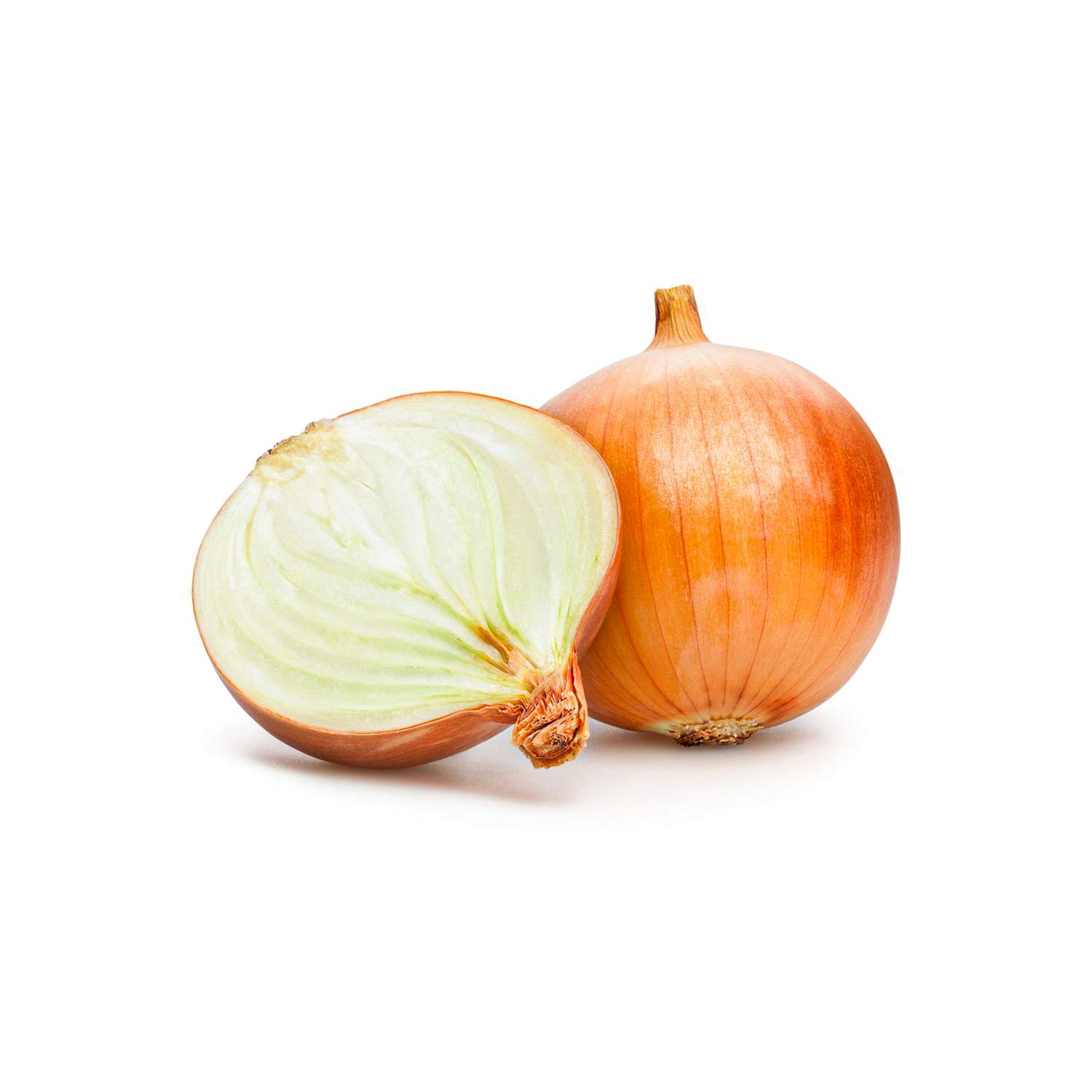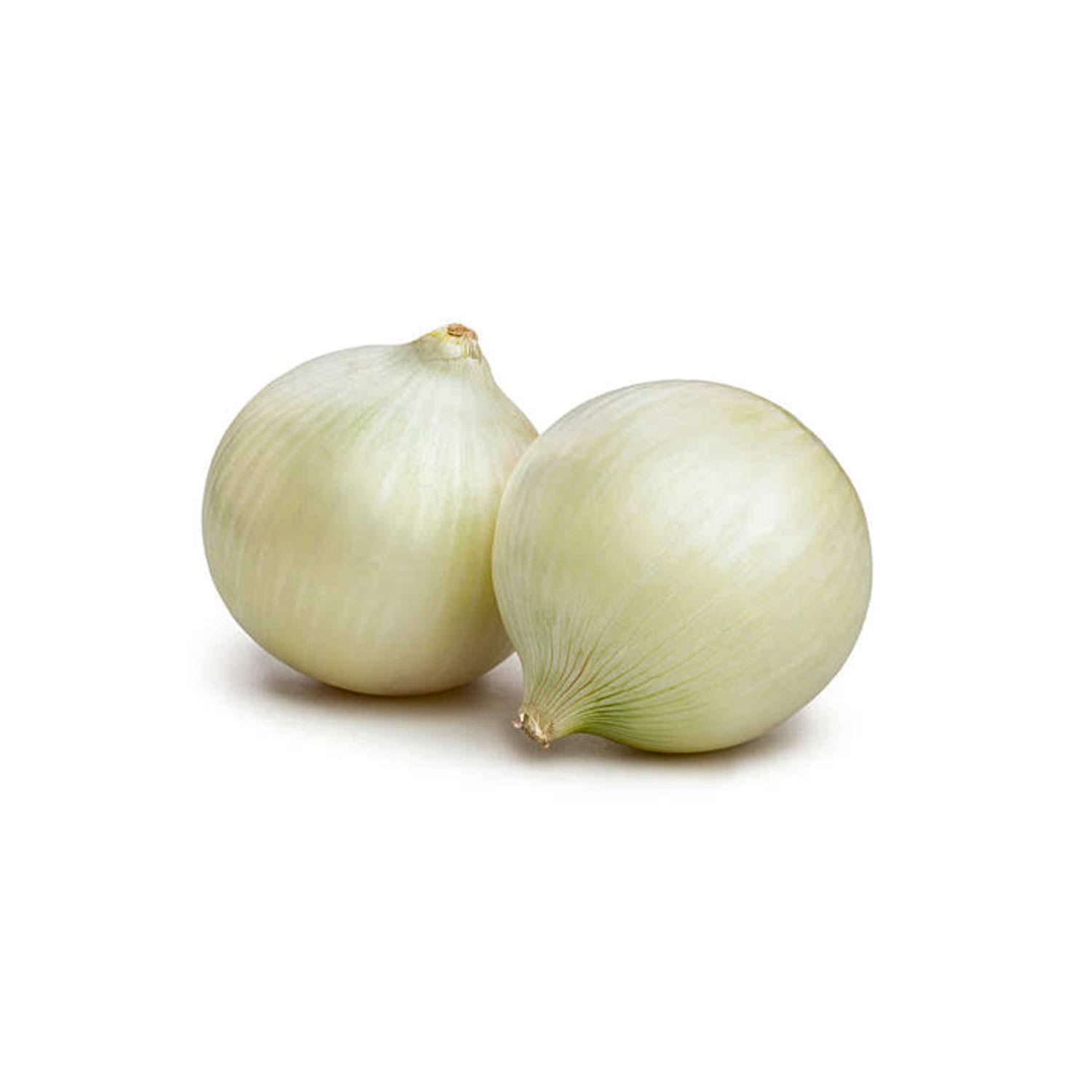A Thriving Global Market Opportunity: Exporting Dried Berries
Dried berries are rapidly becoming a favorite snack across the globe. These tasty treats offer not only rich nutrients but also long shelf life and easy storage. As a result, they are well-positioned to meet the rising global demand for healthy, convenient food options. For exporters, this trend presents an exciting and profitable opportunity. Exporting Dried Berries


Why Dried Berries Are in High Demand
Consumers love dried berries because of their health benefits, portability, and diverse uses. Let’s examine the key reasons behind their growing popularity:
1. Packed with Nutrients
Dried berries provide essential nutrients, including fiber, antioxidants, and vitamins like vitamin C. Because of this, they support heart health, digestion, and immune function. Consequently, they appeal strongly to health-conscious consumers seeking natural snacks.
2. Easy to Store and Use
Compared to fresh berries, dried berries are much easier to store. They require no refrigeration, which makes them ideal for travel, offices, and pantries. Additionally, they can be added to smoothies, granola, baked goods, or enjoyed alone.
Thanks to their shelf stability, dried berries are convenient for both households and food service businesses alike.
3. A Healthy Alternative to Processed Snacks
As people increasingly avoid processed and sugary snacks, dried berries offer a natural substitute. Moreover, many options are organic, gluten-free, and non-GMO—qualities that align with modern food preferences.
In contrast to traditional snacks, dried berries deliver flavor and nutrition without unnecessary additives.
Top Export Markets for Dried Berries
Although global interest is rising, certain regions stand out as especially promising for dried berry exports. Let’s explore three of the most attractive markets:
1. United States
The U.S. is a major market for dried fruits. Due to shifting consumer habits, American buyers increasingly prefer snacks that are both healthy and convenient. Dried berries meet these needs perfectly.
In particular, products labeled as clean-label, organic, or all-natural are performing strongly in this region.
2. European Union
The EU, especially countries like Germany, France, and the UK, prioritizes organic and eco-friendly food. Therefore, dried berries align well with European values around sustainability and health.
Not only are they nutritious, but their natural appearance and flavor are also highly appreciated in this market.
3. Asia-Pacific Region
The Asia-Pacific region is an emerging player in the dried fruit industry. In recent years, countries like China, India, and Japan have seen increased interest in nutritious snack foods.
Furthermore, the region’s expanding middle class and interest in imported goods present a huge growth opportunity for dried berry exporters.
How to Export Dried Berries Successfully
To thrive in the global market, exporters must focus on product quality, regulatory compliance, and strategic branding. Here’s how to do it:
1. Source High-Quality Berries
Product quality is non-negotiable. By working with reliable growers and processors, exporters can ensure that their berries are flavorful, consistent, and free from contaminants.
Moreover, using high-quality berries improves the overall reputation and appeal of your brand.
2. Understand Market Regulations
Each country has specific import rules, especially for food products. Therefore, exporters must pay attention to labeling, food safety, and certification requirements.
By staying informed and compliant, exporters can avoid delays, fines, or product rejections at customs.
3. Build a Distinctive Brand
Effective branding helps products stand out in a crowded market. For example, highlighting your berries as organic, sustainable, or non-GMO can resonate with niche consumer groups.
In addition, eco-friendly packaging and clear nutritional labeling increase the likelihood of repeat purchases.
Conclusion
In summary, dried berries are a smart, scalable export product for global markets. With rising consumer interest in healthy, shelf-stable foods, demand shows no sign of slowing.
By focusing on quality sourcing, regulatory compliance, and compelling brand messaging, exporters can successfully meet demand and gain market share in the competitive dried snack industry.





